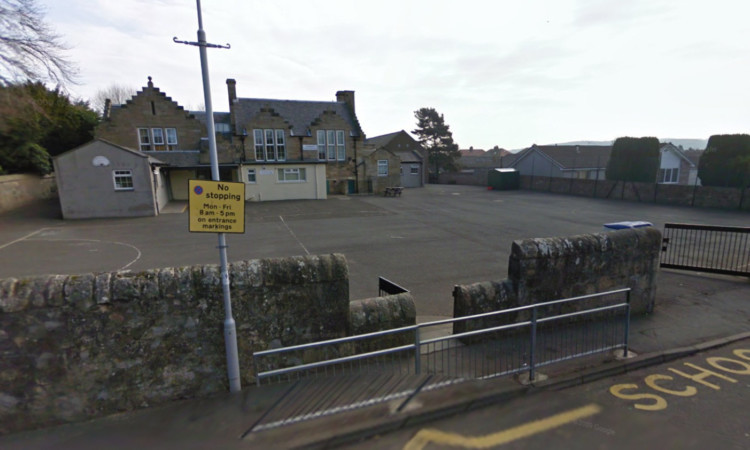Fife Council has defended a primary school sex education programme which aims to teach youngsters about sexual reproduction and anatomy in a “responsible and informed way”.
Education officials say by introducing such discussions in a “very simple, upfront, non-sensational way”, the subject “just becomes part of the everyday discussions in the classroom”.
The comment was made following reports that a number of parents at Ladybank Primary School are worried at the explicit detail their children will be taught.
Parents attended a meeting on Tuesday evening after discovering children as young as six would be taught about sexual organs.
One parent, who wished not be named, called the controversial plans “absolutely shocking” adding children of that age are “only just learning to write their names”.
While parents can opt their children out of the dedicated classes, they were told the topic would come up in other subjects when the youngsters were present.
According to the timetable issued by the school, pupils will be taught that “both male and female parts are needed to make a baby” in their second year of primary.
Scottish Conservative young people spokeswoman Liz Smith said while deciding when to begin sex education is difficult, we should not do it “at the expense of childhood innocence”.
A sex education project was launched in Kirkcaldy three years ago in a bid to cut the number of teen pregnancies.
It has been hailed a success after a 40% decrease in the number of pupils falling pregnant.
Carrie Lindsay, area education officer for Fife Council, said: “Relationships, personal health and the human body are all covered within this part of the national curriculum at age appropriate stages.
“All lessons in our schools are taught at an appropriate level for the age and ability of the child.
“By introducing such discussions in a very simple, upfront, non-sensational way the subject just becomes part of the everyday discussions in the classroom.
“It’s felt that by talking to children about this subject in an open and mature way we can help our children to approach the whole issue in a more responsible and informed way.”
